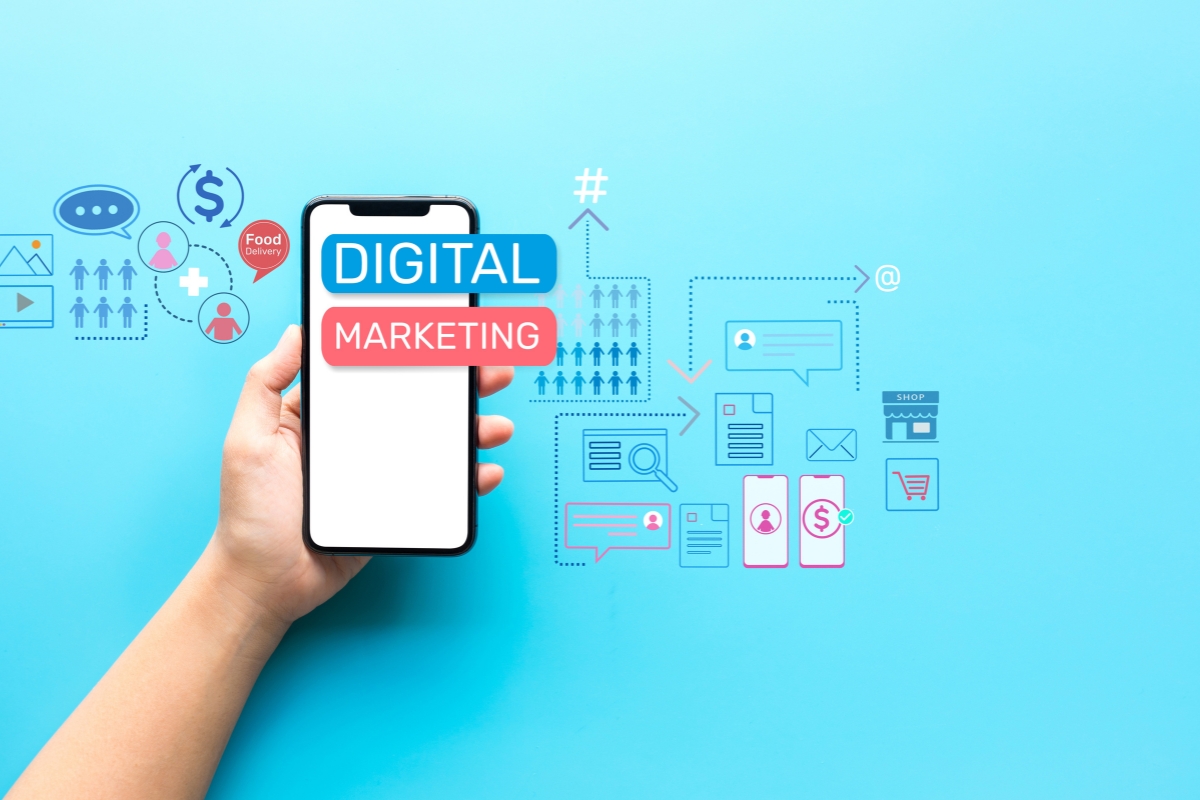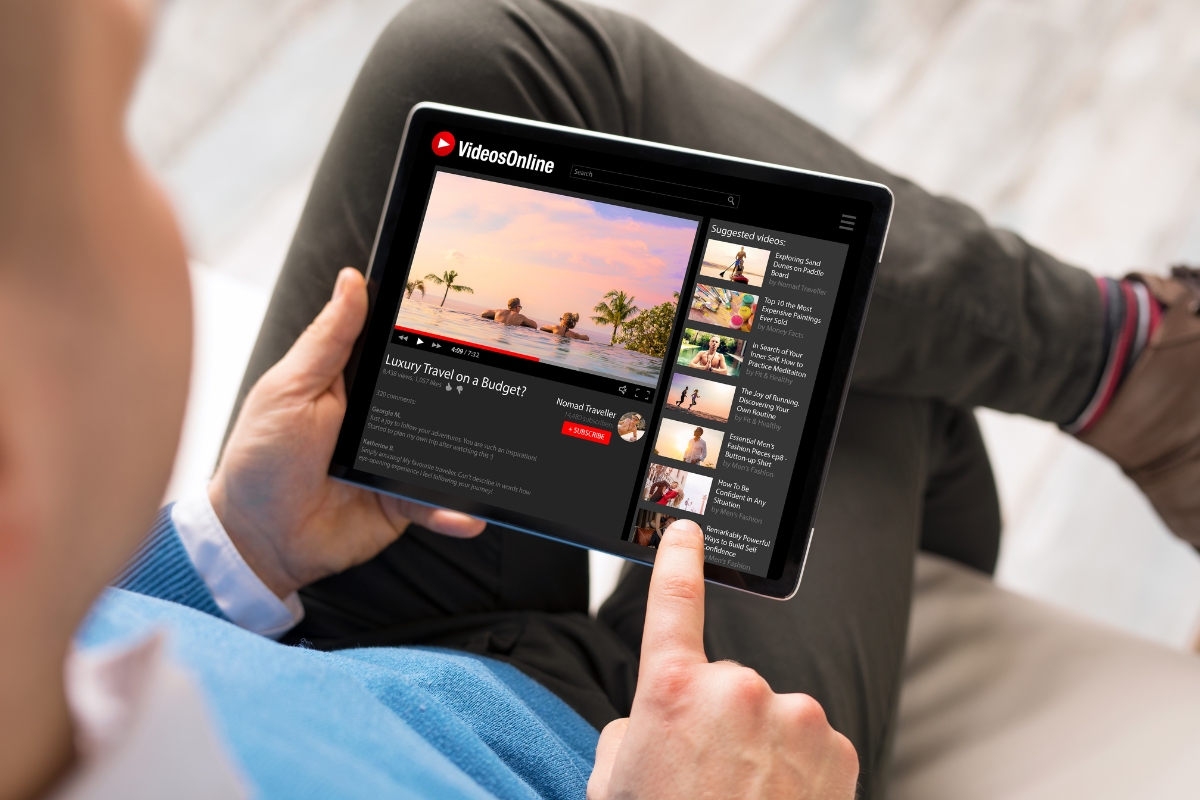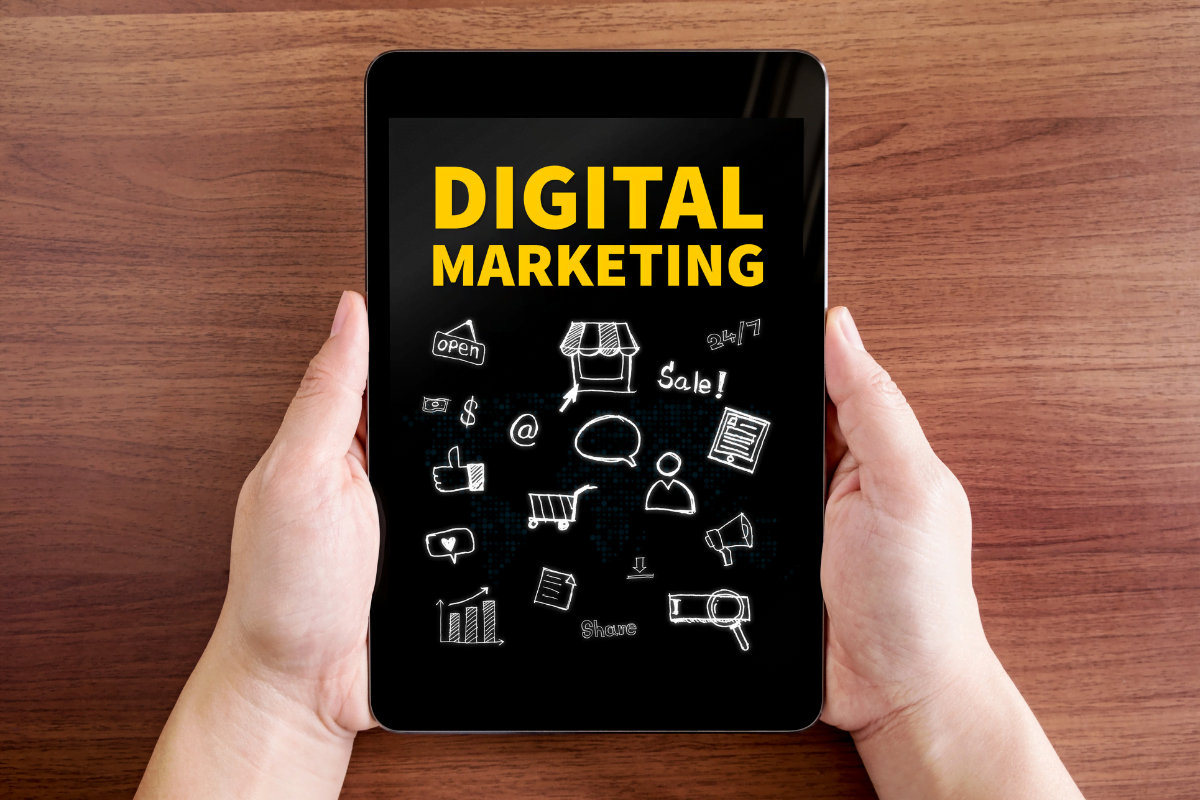In the dynamic world of small business, creativity is often the secret ingredient for growth and success. With limited resources and fierce competition, thinking outside the box is essential for standing out and capturing the attention of your target audience.
In this guide, we’ll explore a myriad of small business marketing ideas designed to spark your creativity and propel your business forward.
From innovative social media campaigns to guerrilla marketing tactics and small business influencer marketing strategies, we’ll uncover strategies that will help you break through the noise and achieve your business goals. Get ready to unleash your creativity and watch your business thrive!
Level Up Your Marketing: What Innovative Small Business Marketing Ideas Work?
Leveraging Social Media Platforms for Brand Building

Social media has become an integral part of our daily lives, and its influence on businesses cannot be underestimated. Small businesses can harness the power of social media content and platforms to build their brand and connect with their target audience in a meaningful way.
By creating engaging content, interacting with followers, and leveraging the various features offered by these platforms, small businesses can establish a strong online presence and increase brand awareness.
One effective strategy is to create compelling visual content that resonates with the target audience. This could include eye-catching images, informative infographics, or entertaining videos that showcase the unique value proposition of the business. By consistently sharing such content on social media platforms like Instagram, Facebook, and Twitter, small businesses can attract attention and generate interest in their brand.
Harnessing the Power of User-Generated Content

The use of user-generated content (UGC) has risen as an effective strategy for small enterprises aiming to foster stronger connections with their target demographic. This practice not only aids in establishing credibility, but also enables businesses to present authentic, firsthand accounts associated with their products and services.
One way small businesses can harness UGC is by running contests or giveaways that encourage customers to create and share content related to their brand. For example, a clothing boutique could ask customers to post pictures of themselves wearing their favorite outfit from the store, using a specific hashtag.
This not only generates excitement and engagement but also provides the business with a wealth of user-generated content that can be repurposed for future marketing campaigns.
Another effective way to leverage UGC is by featuring customer testimonials and reviews on the business’s website or social media platforms. By showcasing positive feedback from satisfied customers, small businesses can build credibility and establish themselves as trustworthy brands. This can be done by encouraging customers to leave reviews on popular review platforms or by reaching out to satisfied customers directly and asking for their permission to feature their testimonials.
Interactive and Immersive Marketing Strategies

In today’s fast-paced digital world, consumers are constantly bombarded with advertisements and promotional messages. To stand out from the crowd, small businesses need to adopt interactive and immersive marketing strategies that captivate their audience’s attention.
One such strategy is experiential marketing, which involves creating memorable experiences that allow consumers to interact with the brand in a unique way. For example, a small coffee shop could host a latte art workshop where customers can learn how to create beautiful designs on their coffee. This not only creates an engaging experience but also encourages customers to share their creations on social media, generating buzz and attracting new customers.
Another immersive marketing strategy is gamification, which involves incorporating game-like elements into the marketing campaign. For instance, a small fitness studio could create a fitness challenge where participants earn points for completing certain exercises or achieving specific goals. By making the experience fun and rewarding, small businesses can increase customer engagement and loyalty.
Collaborating with Micro-Influencers for Targeted Reach

Influencer marketing has gained significant traction in recent years as an effective way for brands to reach their target audience. While partnering with macro-influencers may be out of reach for small businesses with limited budgets, collaborating with micro-influencers can be a cost-effective alternative.
Micro-influencers are individuals who have a smaller but highly engaged following on social media platforms. They often have a niche focus and a loyal community of followers who trust their recommendations. By identifying micro-influencers whose values align with the brand’s and reaching out to them for collaborations, small businesses can tap into their targeted reach and leverage their influence to promote their products or services.
When collaborating with micro-influencers, it’s important for small businesses to ensure that the partnership feels authentic and genuine. The influencer should genuinely resonate with the brand and its values, and the content created should be organic and not overly promotional. This way, the collaboration will feel more natural, and the audience will be more likely to trust the influencer’s recommendation.
Embracing Guerrilla Marketing Tactics for Maximum Impact

In a world dominated by big-budget marketing campaigns, guerrilla marketing offers small businesses an opportunity to make a big impact without breaking the bank. Guerrilla marketing refers to unconventional marketing strategies that rely on creativity and imagination rather than large financial investments.
One example of guerrilla marketing is street art or graffiti that incorporates the brand’s logo or message in a creative way. This not only grabs attention but also creates buzz as people share pictures of these unique artworks on social media platforms.
Another guerrilla marketing tactic is organizing flash mobs or surprise events in public spaces. For instance, a small dance studio could organize an impromptu flash mob in a busy shopping mall to showcase their talented dancers. This unexpected spectacle not only entertains passersby but also generates curiosity about the brand behind it.
Personalized Marketing Campaigns: Connecting on a Deeper Level

In today’s digital age, consumers are bombarded with generic marketing messages that often fail to resonate with their individual needs and preferences. Personalized marketing campaigns allow small businesses to connect with their audience on a deeper level by tailoring their messages and offerings to each customer’s unique characteristics.
One way to personalize marketing campaigns is by leveraging customer data and insights. By analyzing customer behavior, preferences, and purchase history, small businesses can segment their audience into different groups and create targeted campaigns that speak directly to each segment’s needs and interests.
Another effective strategy is personalized email marketing. Instead of sending generic newsletters or promotional emails, small businesses can use automation tools to send personalized emails based on the recipient’s past interactions with the brand. This could include recommendations based on previous purchases or exclusive offers tailored to the recipient’s preferences.
The Art of Storytelling in Small Business Marketing

Storytelling has been an integral part of human culture since ancient times. In the realm of small business marketing, storytelling can be a powerful tool for capturing the attention and emotions of customers.
One way small businesses can incorporate storytelling into their marketing efforts is by sharing the brand’s origin story. This could include how the business was founded, the challenges it faced along the way, and its mission or values that drive its operations. By sharing these stories with customers, small businesses can create a sense of authenticity and establish an emotional connection.
Another storytelling technique is using customer success stories or case studies. By showcasing real-life examples of how the product or service has helped customers overcome challenges or achieve their goals, small businesses can build trust and credibility among potential customers.
Incorporating Video Content for Engaging Audiences

Video content has become increasingly popular in recent years, with platforms like YouTube and TikTok dominating the digital landscape. Content marketing for small businesses can be greatly enhanced by leveraging the power of video content to engage their audience and convey their brand message in a more dynamic and compelling way.
One effective strategy is creating tutorial or how-to videos that provide value to the audience. For example, a small beauty salon could create videos showcasing different hairstyles or makeup looks and provide step-by-step instructions on how to achieve them. By offering valuable tips and insights, small businesses can position themselves as experts in their respective industries.
Another video content strategy is behind-the-scenes footage that gives customers a glimpse into the inner workings of the business. This could include showcasing the production process, introducing team members, or sharing stories behind the brand’s products or services. By humanizing the brand and giving customers a sense of authenticity, small businesses can foster stronger connections with their audience.
Data-Driven Decision Making: Optimizing Marketing ROI

In today’s data-driven world, small businesses have access to a wealth of information that can help them make informed, data-driven decisions and optimize their return on investment (ROI).
One way small businesses can leverage data is by tracking key performance indicators (KPIs) related to their marketing efforts. This could include metrics such as website traffic, conversion rates, social media engagement, or customer acquisition costs. By regularly monitoring these KPIs and analyzing trends over time, small businesses can identify areas for improvement and make data-driven decisions to optimize their marketing strategies.
Another effective use of data is conducting customer surveys or feedback forms to gather insights directly from the target audience. By asking specific questions about preferences, satisfaction levels, or pain points, small businesses can gain valuable insights that can inform future marketing campaigns or product/service enhancements.
Conclusion: Small Business Marketing Ideas – A Creative Odyssey to Success
Small businesses have a world of creative marketing ideas at their fingertips, waiting to be unleashed for growth and success. By leveraging several ideas, small businesses can carve their path to success in the competitive business landscape. Let your imagination soar and watch as your brand flourishes in the hearts and minds of your target audience. Here are some tips on how to market your small business:
Ready to take your small business to new heights with innovative marketing strategies? Newman Web Solutions is here to help you unlock your creativity and drive growth and success. Contact our local business marketing agency today at (404) 301-9189 or schedule a free 30-minute marketing strategy session to explore how our expert digital marketing solutions can elevate your brand and expand your reach. Let’s work together to make your business stand out in the digital landscape and achieve your goals.





